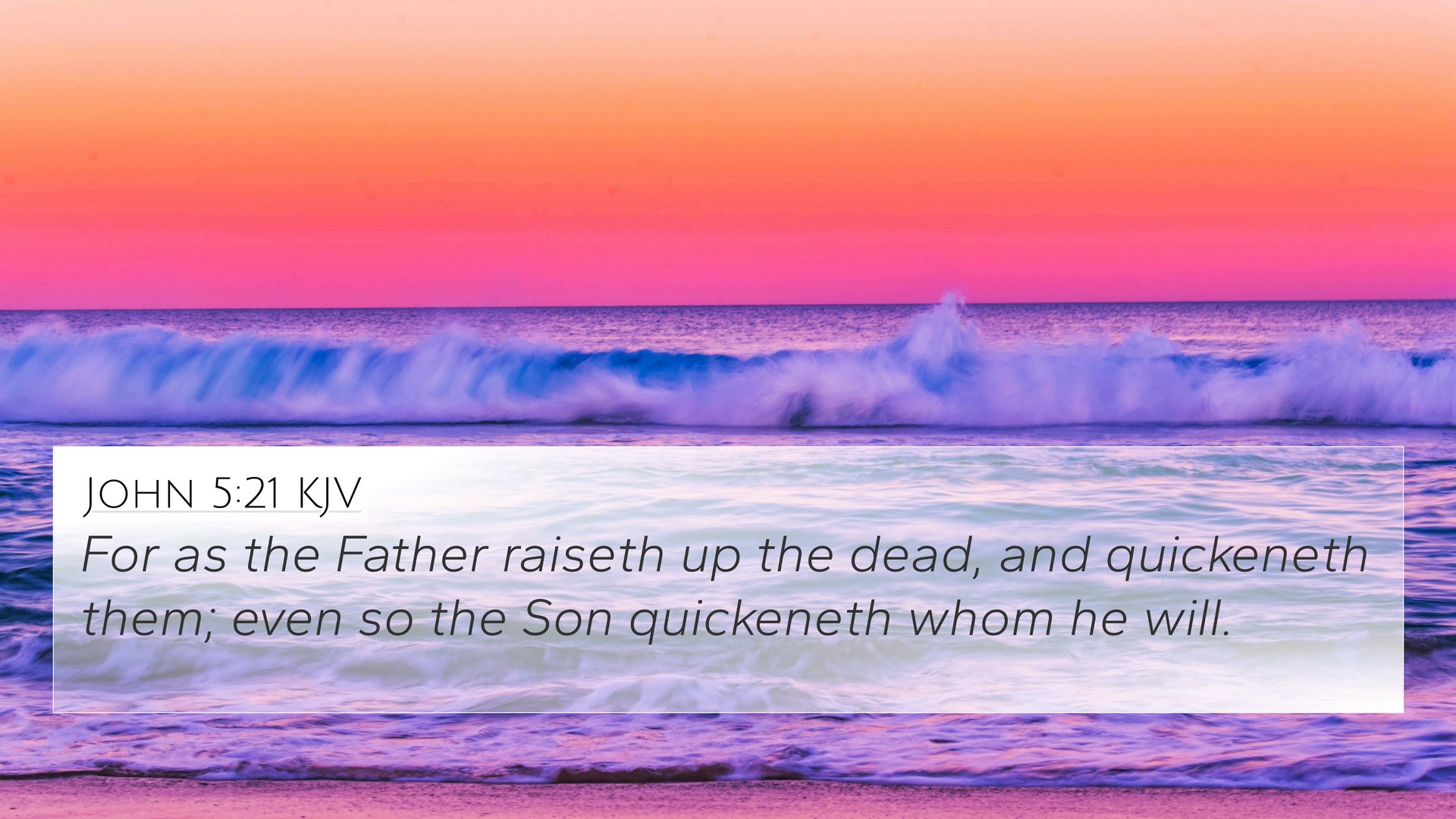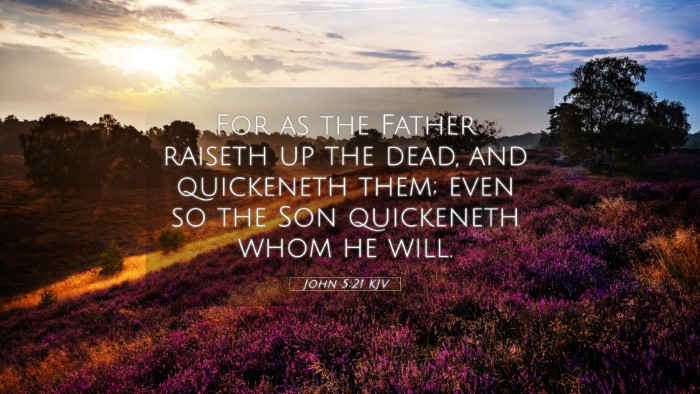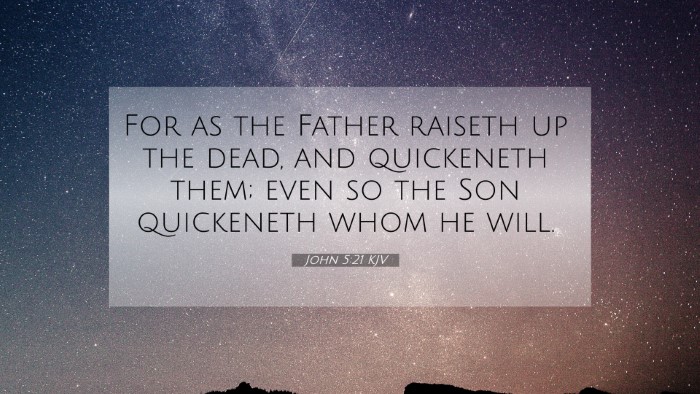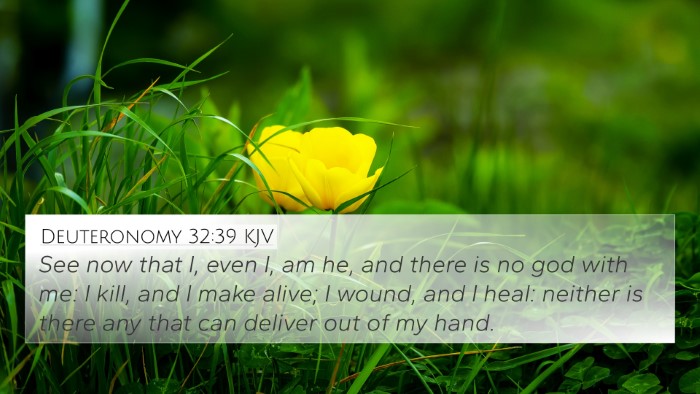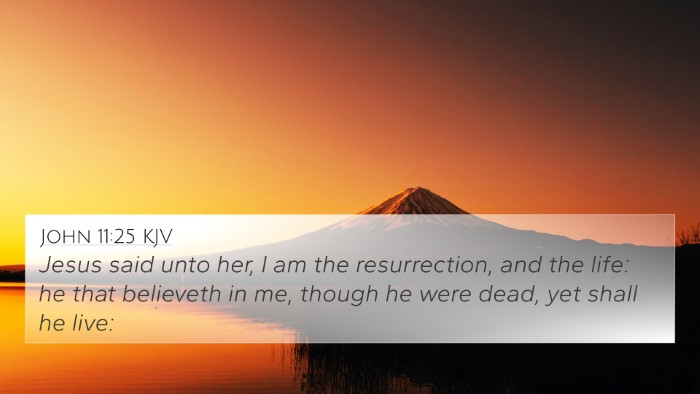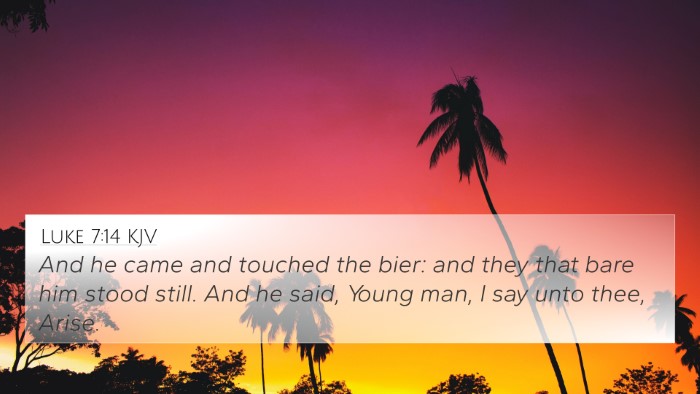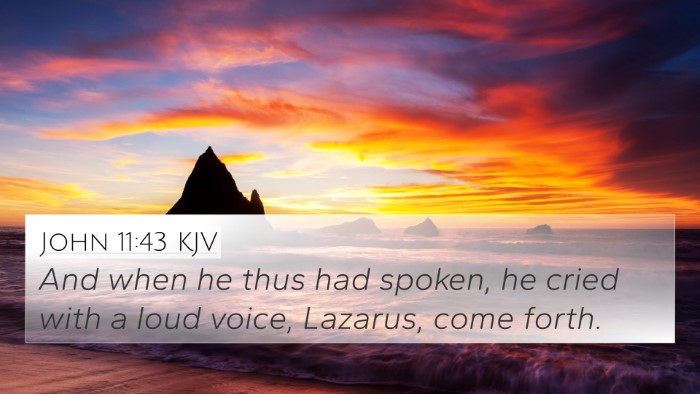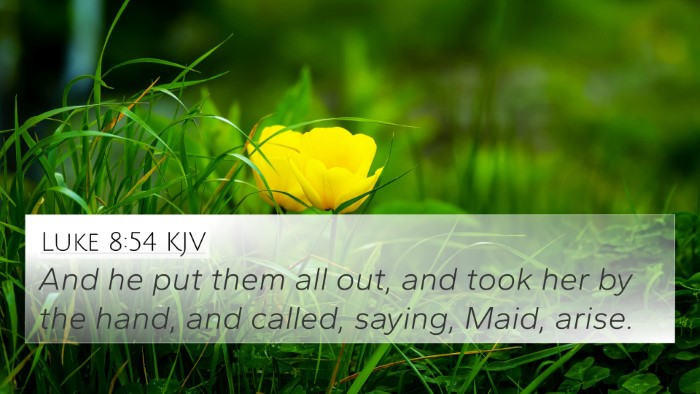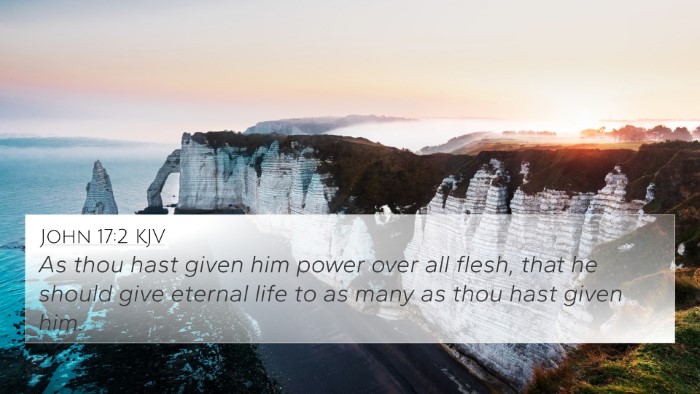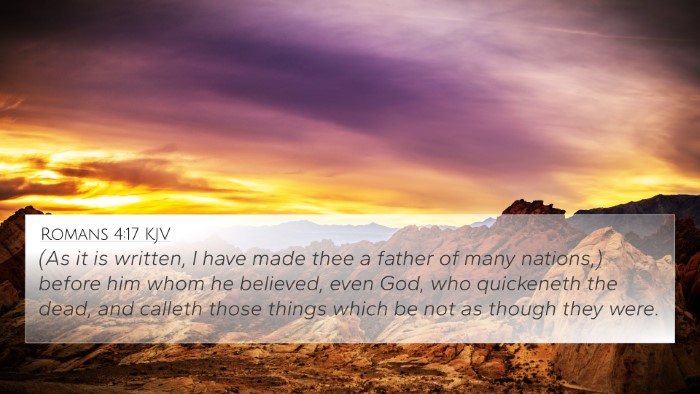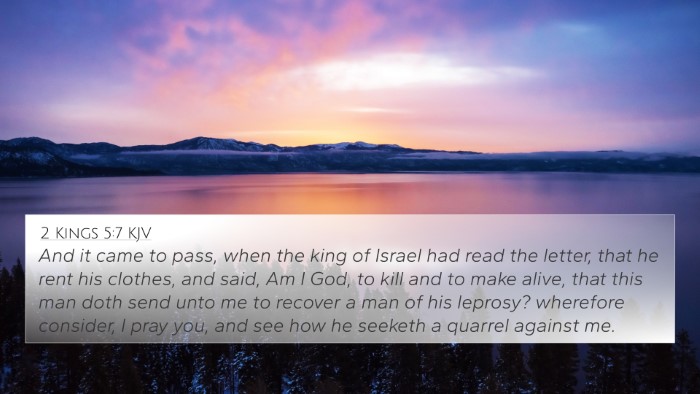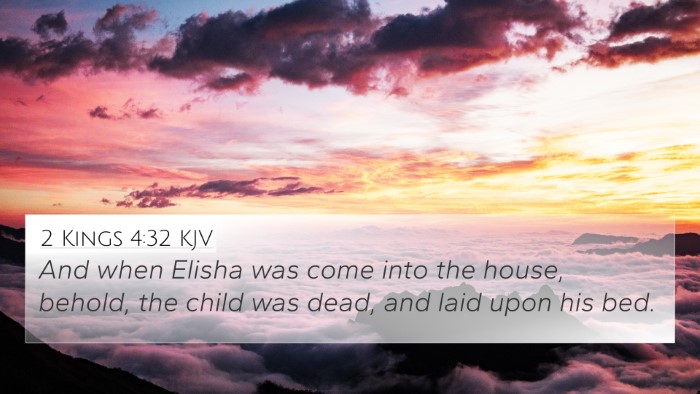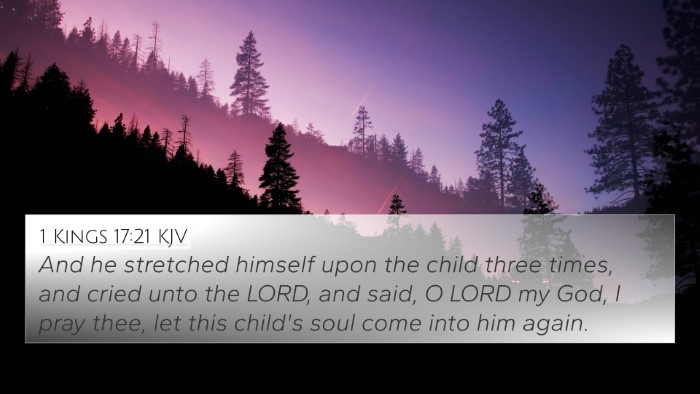Understanding John 5:21
John 5:21 states, "For as the Father raises the dead and gives them life, so also the Son gives life to whom he will."
This verse encapsulates the profound relationship between God the Father and Jesus the Son, highlighting a theme that runs throughout the New Testament: the divine authority of Jesus to grant life. As you study this scripture, it's essential to delve deeper into its meaning through the lens of various public domain commentaries.
Key Insights from Commentaries
-
Matthew Henry:
Henry emphasizes the equality and unity of Jesus with the Father in His divine operations. He explains that just as God the Father has the power to raise the dead, Jesus also possesses the same capability, signifying His divine nature and role in resurrection. Henry elaborates that the giving of life is not limited solely to physical resurrection but includes spiritual life as well, showcasing Jesus as the source of true vitality both in this life and the life to come.
-
Albert Barnes:
Barnes elaborates on the significance of life given by the Son, noting that it signifies both a present spiritual existence and the future resurrection of the body. He refers to the assurance of resurrection that Jesus offers, connecting this verse to the broader context of salvation and the promise of eternal life for believers. Barnes suggests that this reflects God's sovereignty and grace, where Jesus, as the Son, has authority to bestow life based on His divine will and purpose.
-
Adam Clarke:
Clarke notes the distinction in God's sovereignty displayed through the Son's authority. He connects this verse with the broader theological implications of Christ's mission on earth, seeing Jesus as the mediator through whom life is imparted. Clarke affirms that the power to give life is part of Christ’s divine prerogative, emphasizing its importance in ministering hope and assurance to believers regarding both physical and spiritual resurrection.
Cross-References to John 5:21
The following Bible verses provide valuable cross-references that further elucidate the themes presented in John 5:21:
- Romans 6:4: "We were therefore buried with him through baptism into death in order that, just as Christ was raised from the dead through the glory of the Father, we too may live a new life."
- 1 Peter 1:3: "Praise be to the God and Father of our Lord Jesus Christ! In his great mercy he has given us new birth into a living hope through the resurrection of Jesus Christ from the dead."
- John 11:25-26: "Jesus said to her, 'I am the resurrection and the life. The one who believes in me will live, even though they die; and whoever lives by believing in me will never die. Do you believe this?'"
- Revelation 1:18: "I am the Living One; I was dead, and now look, I am alive for ever and ever! And I hold the keys of death and Hades."
- John 10:28: "I give them eternal life, and they shall never perish; no one will snatch them out of my hand."
- Ephesians 2:1-5: "As for you, you were dead in your transgressions and sins...But because of his great love for us, God, who is rich in mercy, made us alive with Christ even when we were dead in transgressions."
- Acts 2:24: "But God raised him from the dead, freeing him from the agony of death, because it was impossible for death to keep its hold on him."
Connections Between Bible Verses
The exploration of John 5:21 invites us to consider the broader connections within scripture, portraying how different verses revolve around similar themes of life, resurrection, and divine authority. These thematic Bible verse connections emphasize the consistency of God's message throughout both the Old and New Testaments, illuminating how Jesus fulfills the prophecies and teachings of the Hebrew scriptures.
Comparative Bible Verse Analysis
A comparative study of relevant verses can enhance understanding. For instance, examining John 5:21 alongside the resurrection accounts can illustrate how Jesus embodies the life-giving power of God. This comparative analysis encourages deeper reflection on how themes of hope and resurrection recur across various Biblical texts.
The Role of Cross-Referencing in Bible Study
Understanding how to use Bible cross-references enriches one's study of scripture. Tools like a Bible concordance or cross-reference guide can help individuals identify connections between verses. For those preparing sermons or engaging in personal study, cross-reference Bible study methods facilitate a comprehensive exploration of scriptural relationships, ensuring a robust understanding of Biblical themes.
Conclusion
John 5:21 serves as a crucial verse that highlights the authority of Christ in granting life, aligning with other scriptures that affirm this divine power. By utilizing cross-referencing methods and understanding the insights provided by reliable commentaries, one can gain a richer appreciation of this verse and its theological implications. The connections between Bible verses significantly enhance our understanding of the cohesive narrative Scripture presents about life, death, and resurrection through Christ.
